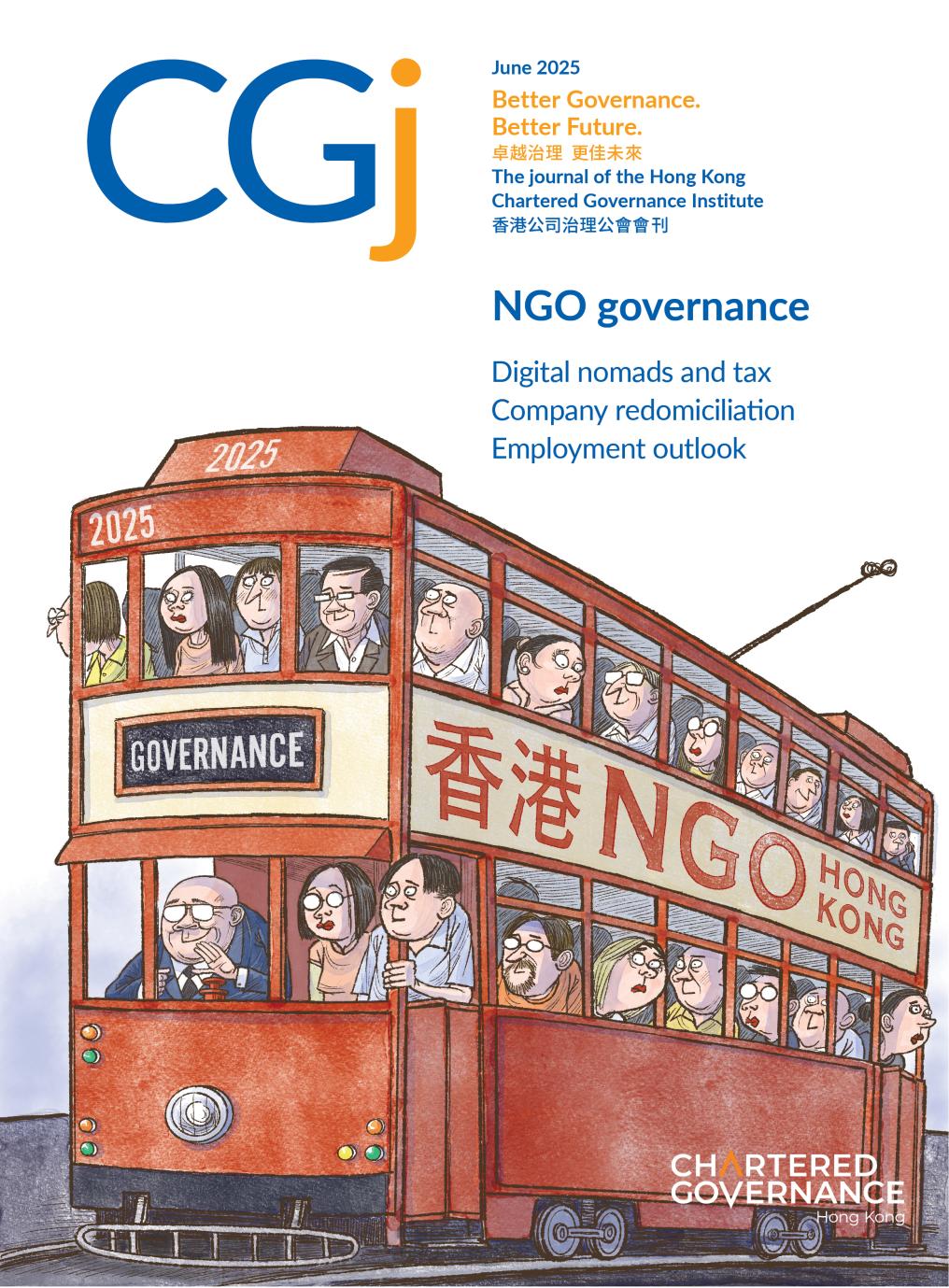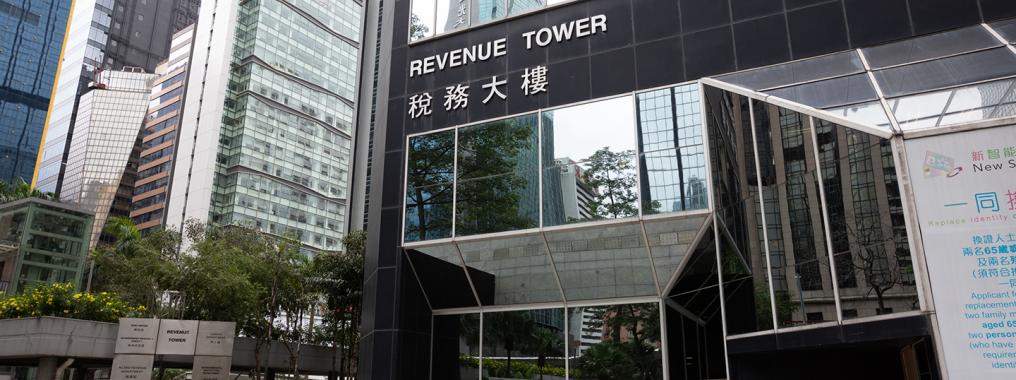
Hong Kong employment outlook 2025
What employers and HR specialists should know
David Kong, Managing Associate, Lewis Silkin, breaks down the upcoming legislative changes and evolving employment trends in Hong Kong for 2025, from redefining continuous contracts to navigating cryptocurrency compensation and managing AI in the workplace.
Highlights
- Hong Kong’s proposed shift from the 418 rule to the 468 rule aims to extend statutory benefits to part-time and gig workers
- from 1 May 2025, employers in Hong Kong will no longer enjoy the statutory right to apply an MPF set-off against the statutory severance or long service payments payable to their employees
- to avoid compliance risks in relation to data privacy, employers should take careful note of the PCPD’s increasingly rigorous expectations for organisations using AI systems and take prompt action to implement a number of employment-related recommendations
As we step into 2025, the employment landscape in Hong Kong is poised for significant transformation. This article delves into anticipated legislative changes and emerging key trends enabling employers and HR professionals to stay ahead of the curve and equip themselves with the knowledge to navigate the evolving employment environment in Hong Kong.
New definition of continuous contract – from 418 to 468
Under the Employment Ordinance (EO), employees could only enjoy certain statutory benefits – such as statutory holiday pay and statutory annual leave – if they are employed under a ‘continuous contract’, which is currently defined to mean being continuously employed by the same employer for four or more consecutive weeks and having worked for at least 18 hours per week. This is what is commonly referred to as the 418 rule and this rule has been a cornerstone of Hong Kong employment law for many years.
To extend statutory benefits to a wider pool of employees, such as part-time employees and potentially gig workers, the Hong Kong government has proposed to relax the 418 rule to the effect that ‘continuous employment’ will be triggered once an employee has worked at least 68 hours over a four-week period (known as the 468 rule). A bill to amend the EO will likely be tabled before the Legislative Council in the first half of 2025.
The new 468 rule is more adaptive to the flexible work structures that have become increasingly popular following the Covid-19 pandemic. Employers, especially gig economy companies, should review their existing HR policies to ensure compliance with the amended laws.
the new 468 rule is more adaptive to the flexible work structures that have become increasingly popular following the Covid-19 pandemic
The abolition of the MPF offsetting mechanism
The government has announced that the abolition of the MPF offsetting arrangement will take effect on 1 May 2025. This means that starting from 1 May 2025, employers in Hong Kong will no longer enjoy the statutory right to use the accrued benefits derived from their mandatory contributions to their employees’ MPF scheme to offset statutory severance payments (SP) or long service payments (LSP) payable to them. However, for employees who were already in employment before 1 May 2025, employers would still be able to apply the offset mechanism to the pension contributions that were provided prior to that date.
To relieve the financial pressure of employers in paying SP/LSP following the abolition of the MPF offsetting arrangement, the government has set up a subsidy scheme to share employers’ costs on SP and LSP.
Impact of cryptocurrency on compensation
Currently, according to section 26 of the EO, wages must be paid in ‘legal tender’ and it can only be paid by other means – such as by cheque, money order or bank transfer – with the consent of the employees. As cryptocurrencies are not legal tender, paying employees’ wages in cryptocurrencies may be in violation of the EO.
Given Hong Kong’s position as an international fintech hub, an increasing number of employers, especially those in the blockchain industry, are offering bonuses in cryptocurrencies to attract tech-savvy talents. This would be legally permissible provided that the payments concerned do not fall under the statutory definition of ‘wages’. Under the EO, wages means ‘all remuneration, earnings, allowances (including travelling allowances, attendance allowances, commission, overtime pay), tips and service charges, however designated or calculated, capable of being expressed in terms of money, payable to an employee in respect of work done or to be done’. Annual bonuses, whether contractual or discretionary, are however expressly excluded from the definition of wages.
The integration of cryptocurrency in compensation raises legal challenges and regulatory uncertainties, and can create apprehension among employers. Against this background, in December 2024, the government published its first draft Stablecoins Bill to provide a framework for the licensing and supervision of fiat-referenced stablecoin activities. Although the Stablecoins Bill recognises that stablecoins can, amongst other things, be used as a medium of exchange for payment for services, they are still not considered legal tender in Hong Kong. Like other cryptocurrencies, stablecoins are considered a subset of virtual assets. This means that paying employees’ wages in stablecoins would give rise to the same legal risks as paying employees in other types of cryptocurrencies, but it may be permissible to pay in stablecoins as a means of awarding annual bonuses.
When considering paying employees’ remuneration in cryptocurrencies, employers are recommended to navigate the evolving regulations carefully and to seek legal advice to avoid potential legal pitfalls.
The rise of AI in the workplace
Artificial intelligence (AI) is reshaping the workplaces around the world and Hong Kong is no exception. Whilst AI can allow businesses to streamline operations and reduce costs, it also poses data privacy challenges.
In response, the Office of the Privacy Commissioner for Personal Data (PCPD) published the Artificial Intelligence: Model Personal Data Protection Framework (Framework) in June 2024. The Framework sets out the PCPD’s expectations for organisations adopting AI systems in Hong Kong.
Amongst other recommendations, the PCPD recommends organisations take the following employment-related actions:
- develop clear, accessible communication strategies to explain the use of AI and its implications to employees
- provide training for employees using AI, particularly those involved in handling personal data and AI system management
- develop internal policies and procedures to enable employees to flag and report AI incidents (for example, data leakage), and
- adopt risk mitigation measures (such as human oversight) when deploying AI in HR settings that carry legal risks (for example, unlawful discrimination risks), such as assessment of job applicants and termination of employment.
It is expected that the PCPD will take an increasingly robust approach to scrutinising the use of AI by organisations in Hong Kong. Employers should take prompt action to follow the PCPD’s recommendations under the Framework.
Concluding remarks
As we move further into 2025, Hong Kong’s employment landscape is likely to evolve significantly in response to societal changes and technological advancements. Employers should be aware of these developments and adapt to these changes, ensuring that they are prepared for the future of work.
David Kong, Managing Associate
Lewis Silkin
© Copyright Lewis Silkin, February 2025


